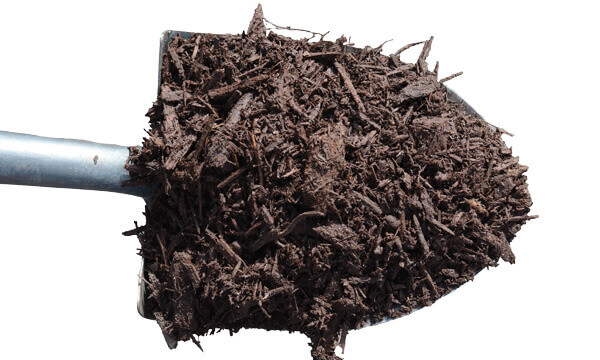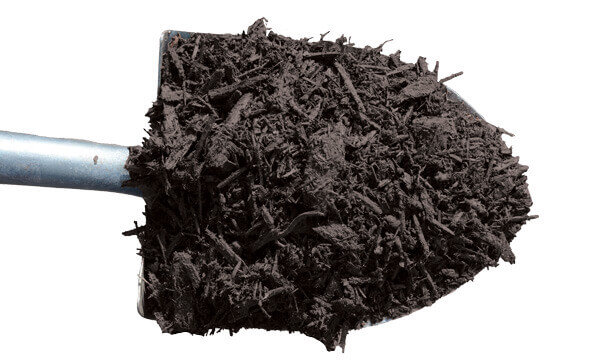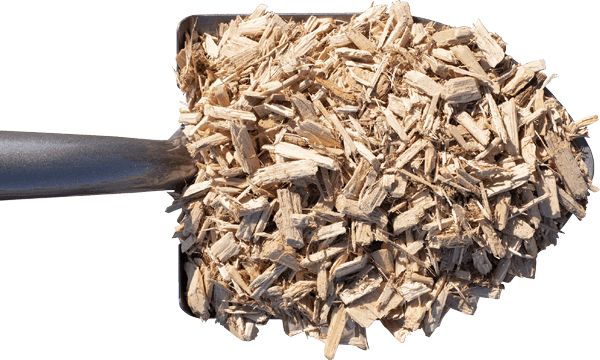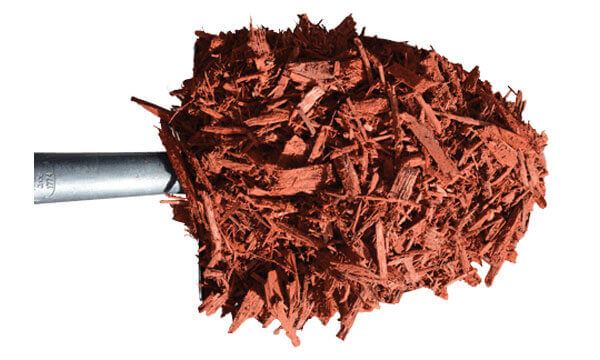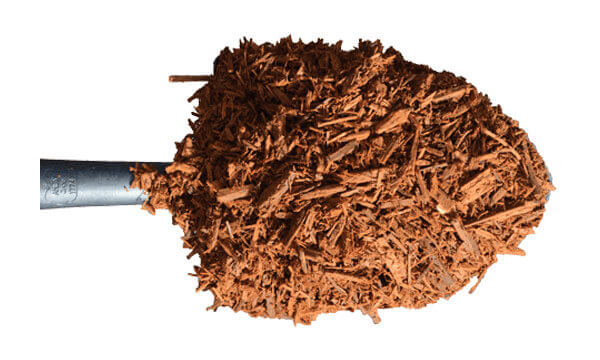USDA Organic. The Green Seal. Non-GMO. SelectScience. These “seals of approval” often convey a certain level of comfort to the buyer, promoting feelings of quality, trust, and safety. For the compost industry, the United States Composting Council (USCC) is the governing entity that sets the standards for this quality assurance. Similar to the examples listed, the USCC’s Seal of Testing Assurance (STA) lets people know that the compost products they are purchasing are being tested and monitored for quality.
So how does the STA Program work? STA Certified Compost products are tested on a regular schedule, which helps guarantee the production of consistently high-quality products through compost manufacturers. Test results are always available upon request by the manufacturer (and the customer can request to see these too!), for peace of mind in knowing exactly what you are buying. After all, one of the most important responsibilities of land stewardship is making sure that our soil receives a safe, healthy, and nutritional amendment.
The overall purpose of the STA Program is to improve customer confidence in compost selection and utilization. The SMSC Organic Recycling Facility is a regular participant in the STA Program, so our customers gain confidence in knowing that we follow rigorous manufacturer requirements (listed below). We work hard to ensure that your outdoor projects are supported by high-quality, environmentally safe products. Our staff frequently submit samples to be tested for stability, maturity, nutrients, pathogens, heavy metals, and more.
All of our compost (including the compost used to create our blends) is STA Certified. That means that no matter what type of soil amendment you’re purchasing from the SMSC Organics Recycling Facility, it has met or exceeded all related product quality and testing requirements prescribed by state and/or federal regulations—leaving you with a safe, eco-friendly product for your lawn or garden.
STA-Certified Requirements for Compost Manufacturers:
1.) Meet the U.S. Composting Council’s definition of compost.
2.) Stay in compliance with all federal, state, and local regulations and permitting to which the STA Certified Compost product(s) is (are) subject. Immediately inform the U.S. Composting Council if an issue arises.
3.) Use STA Certified Compost approved labs for testing. These labs use TMECC test methods and are held to high standards through the STA’s CAP program that tests the labs against each other.
4.) Test STA Certified Compost product(s) according to the frequency determined by the annual wet tonnage finished compost manufactured. Manufacturer and U.S. Composting Council both receive the test results directly from the labs.
5.) Provide customers with STA Compost Technical Data Sheets (CTDS), including feedstocks and instructions for use.
6.) Meet the EPA testing limits for heavy metals and pathogens in every CTDS for every STA Certified Compost product.
7.) Compost manufacturers sign the STA Certified Compost rules contract through the online form.
8.) Compost manufacturers pay U.S. Composting Council yearly fees for managing the STA Certified Compost program.
9.) Compost manufacturers renew contract and payments yearly for each product.

